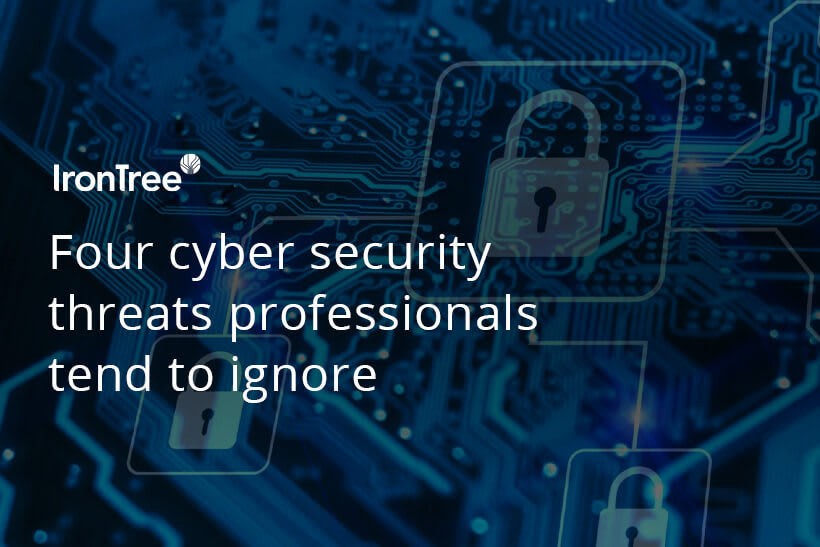Business magazine Forbes recently published an article by a cyber security professional on the level of cyber awareness and practice amongst business professionals, which found that even though all respondents knew about the rising threat and sophistication of cyber threats, they were still taking mental cyber security shortcuts.
When considering your cyber security status, do you find yourself thinking these thoughts?
- I don’t really have data I need to protect
- The sites I visit are safe
- Phishing scams are easy to spot
- My passwords are fine
If you answer yes, then read on about the myths you’re holding on to. If you answer no, perhaps join our team and help to raise cyber security awareness!
I don’t really have data I need to protect
Myth: I don’t have much valuable data.
Even if you only use the Internet to access your email account or social media profile, or to do your banking online, you still create data worth stealing. When hackers gain your login details to your company network or bank or email or social media profile, they can potentially use them to steal your money and, or, your identity, or to analyse details that would help them in running believable spear-phishing campaign against you, your colleagues and other networks.
TIP: Keeping your operating system and apps updated goes some way towards keeping your data safe. Using integrated data backup and anti-malware software gives your data next-level protection.
The sites I visit are safe
Myth: Brands you can trust won’t take advantage of you.
Almost all big ‘trustworthy’ websites collect data about you, usually for their own marketing gain. That’s why almost every ‘reputable’ website you go onto these days asks you to accept or decline its cookies, or agree to its privacy policy. Hackers try to exploit your data by hacking into those same ‘trustworthy’ sites, either by selling it or using it in a hacking campaign of their own. The more sites you visit, the more cookies are kept in your browser, and that’s data hackers want their hands on.
TIP: The only way to effectively ‘disconnect’ from the internet while still using it, is to use a VPN. A VPN encrypts internet traffic history so that corporations (and hackers) can’t track you online.
Phishing scams are easy to spot
Myth: You have to be really unobservant to be caught by a phishing scam.
Even if you don’t fall for a phishing email, it only takes one unsuspecting colleague to inadvertently allow a hacker onto the network to install malware on your computer. Spear-phishing attacks are campaigns that are targeted at a specific individual or business, and are personalised in such a convincing way that they’re hard to spot.
TIP: You can bolster your business against advanced phishing campaigns using anti-spam and anti-phishing software that scans content for malware.
My passwords are fine
Myth: No-one will guess my passwords.
Tools that use artificial Intelligence to run billions of password combinations in just a few seconds have made it easier than ever to find one that matches yours – so your password creation needs to be much more original than you think. Countless surveys indicate that almost 25% of people continue to use obvious passwords, despite warnings.
TIP: Instead of relying only on your passwords, where possible, initiate password management using 2-factor authentication.
Taking a free 14-day cyber security trial may help you find the gaps in your cyber security strategy.
Do you have proper data protection in place?
New all-in-one cyber security and backup product gives more peace of mind

